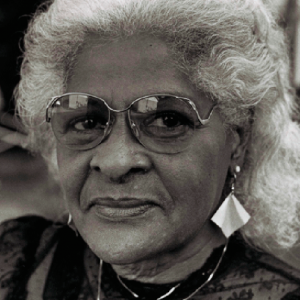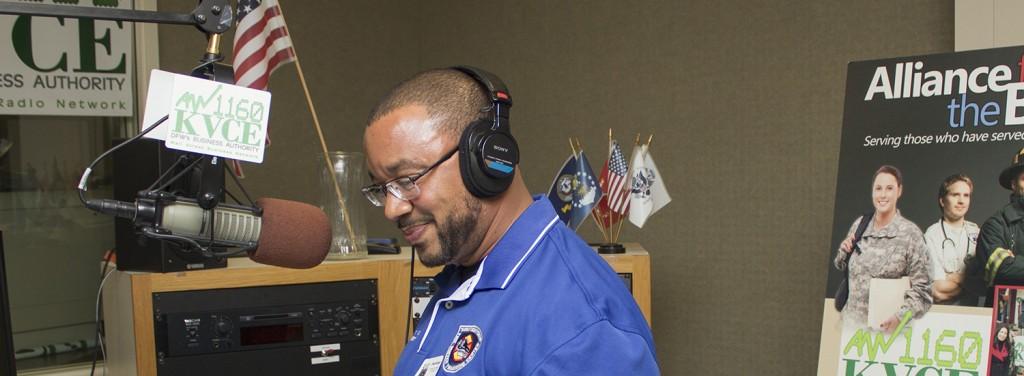By Emily Nhan/reporter
From Martin Luther King Jr. to Ella Baker to Marcus Garvey, all of them talked about beauticians, and SE students heard how beauticians actively engaged in the Civil Rights Movement Feb. 19.
Tiffany Gill, black American studies and history associate professor at the University of Delaware and author of Beauty Shop Politics: African-American Women’s Activism in the Beauty Industry, discussed the unspoken presence black beauty salons and beauticians had in the political battlefield of civil rights.

Gill’s speech covered the presence of beauty salons as an unexpected source of political organization during that time.
“I found this story hiding in plain sight. It was not as if I discovered something new,” she said. “It was just about taking a new lens and looking at this old material differently.”
The abundant involvement of women in the Civil Rights Movement stirred grassroots campaigns where women served as leaders and key mobilizers, Gill said.
The beauty shops became a place of awareness and activism because they were not watched over by FBI who assumed nothing was brewing behind the doors, Gill said. Black women were informing themselves about politics even to the point beauty schools had classes on politics to educate their students.
The beauty industry in the 1940s was dominated by black women, Gill said. From manufacturing, distribution and consumption, it was an industry in which black women could become economically autonomous.
Bernice Robinson, a 41-year-old beautician, was asked to become a teacher for the Highlander Folk School in Tennessee to teach citizenship training. Although she was not formally trained as a teacher nor did she have a college degree, founder Myles Horton wanted her because the people she taught would trust her and she would trust them.
“We needed to build around black people to stand up against white oppression,” Gill said quoting Horton.
Beauticians, whose careers consisted of hearing the intimate details of their customers’ lives, built a sense of trust, so a black woman could regain her dignity physically and enter a supportive environment.
Gill also described the experience of Ann Moody, who after having food and drinks thrown at her during a sit-in, sought solace. She headed not to the local church but to a beauty shop.
“I stopped in at a beauty shop across from the NAACP office,” Gill quoted Moody. “The hairdresser took one look at me and said, ‘My Lord, you were in the sit-in, huh?’ Yes, I answered. Do you have time to wash my hair and style it? ‘Right away,’ she said, and she meant right away. There were three other ladies already waiting, but they seemed glad to let me go ahead of them. The hairdresser was real nice. She even took my stockings off and washed my legs while my hair was drying.”
Today, beauty salons are still a place of solace for women. Many now support women’s health, Gill said. Health pamphlets and screening tests are set up around these salons to help black women who have some of the lowest rates of good health compared with other groups. And beauty shops promote awareness of breast cancer risks as well as rape and relationship abuse.

























